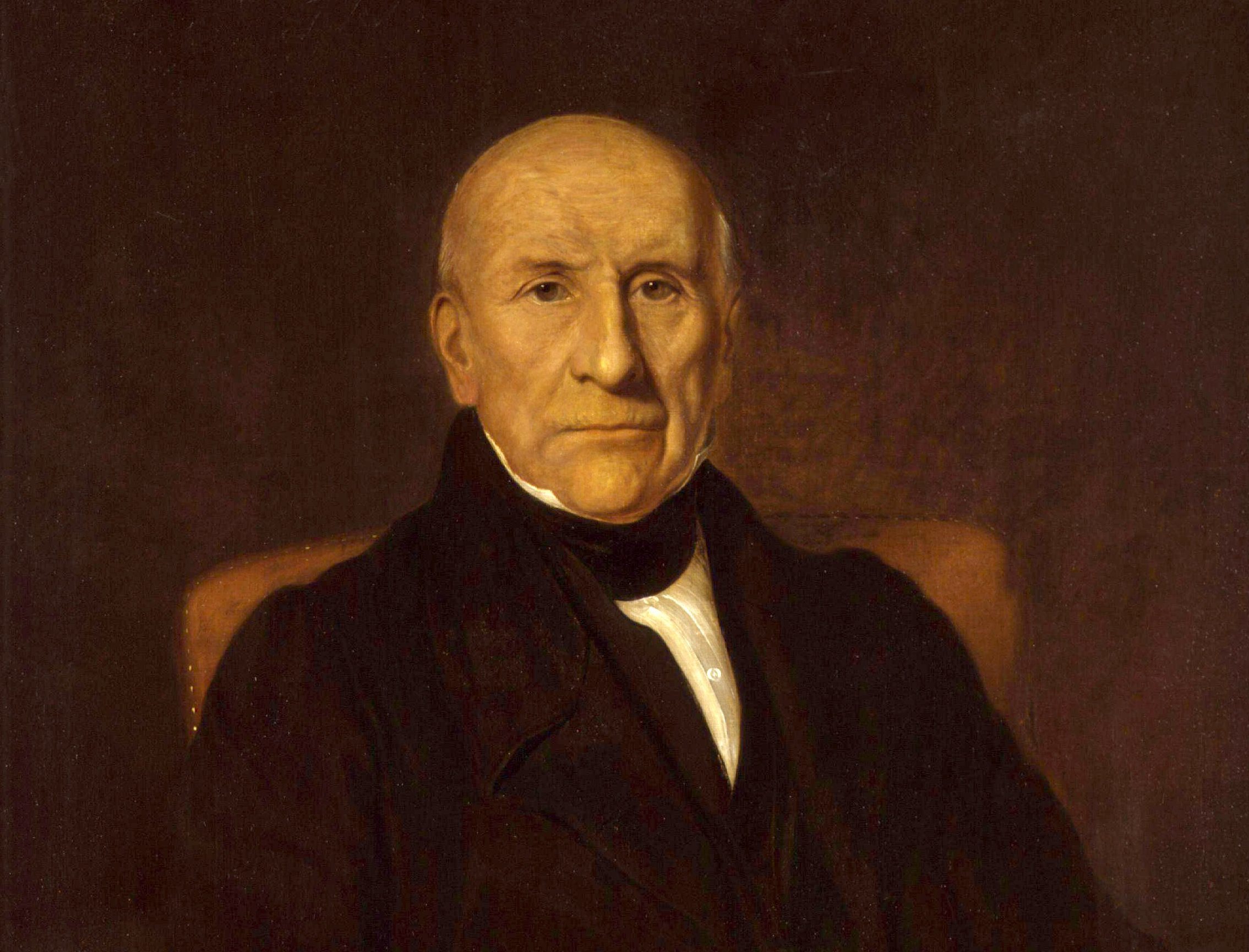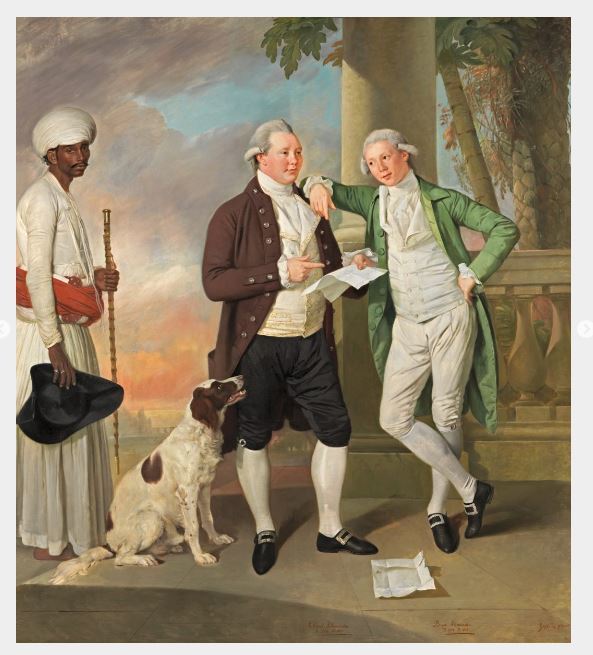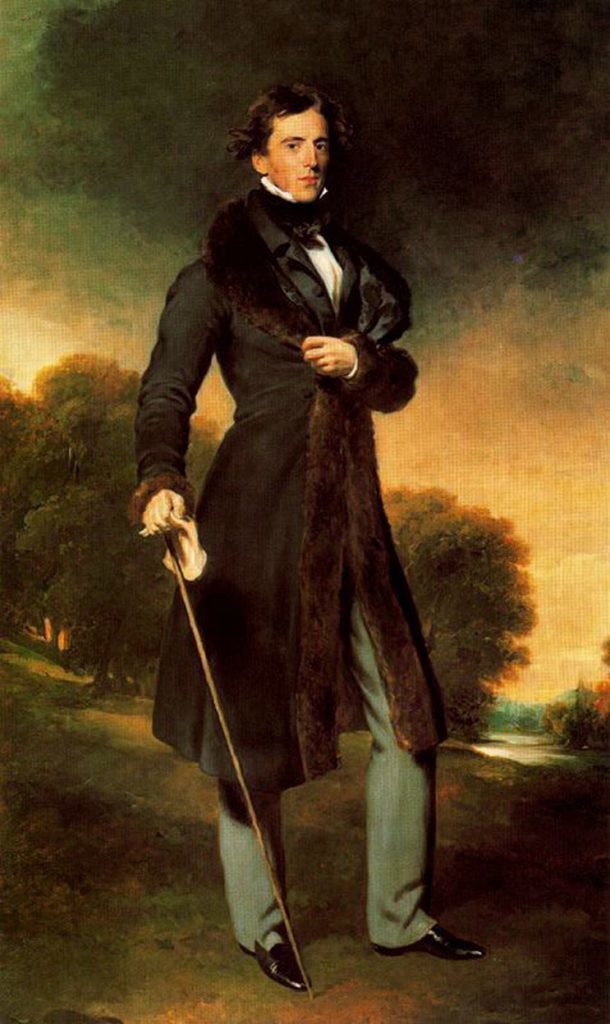
SCOTTISH merchants received £3 million in compensation payouts when slavery was abolished, we can reveal.
The fortune – the equivalent of £2.5 billion today – was given to Scots slave owners for the loss of their “property” when the trade was shut down in 1833.
Inverness business baron George Rainy was the top earner from the compensation payments.
The slave master was paid £146,295, the equivalent of £124m in 2017, to free 2794 slaves from his 30 plantations in British Guiana.
Merchant George Parker, from Ayrshire, was paid £91,000 to free his 1741 slaves from nine sites in British Guiana – which works out at £77m today.
John Gladstone, father of former Prime Minister William Gladstone, had nine plantations in Jamaica and British Guiana totalling 2500 slaves. The knighted slave owner banked £106,000 in compensation when he was forced to give up his slaves – £90m in today’s money.
Boyd Alexander, of Mauchline, Ayrshire, and David Lyon Jr, of Balintore Castle, Forfarshire, were also beneficiaries of the payouts. Alexander received £43,259 and Lyon Jr £46,854, the equivalent of £36.7m and £39.8m respectively in 2017.
The figures come from an online database assembled by researchers at University College London.
Researcher Dr Nick Draper said: “The wrong people were compensated. The owners were compensated instead of the slaves, who really suffered.
“The money that Scotland enjoyed for 200 years, directly from slavery, and including the compensation payouts, benefited the country greatly. But the contrasting thing is that those who were compensated often went on to do good things with that money. We’re all still benefitting from it today.”
Sir Geoff Palmer, professor emeritus from the Heriot Watt University in Edinburgh, is among those who believe that the compensation money paved the way for a modern Scotland.
He said: “The statues and landmarks in our cities, the streets we walk on and live in were all paid with money from the slave trade. The amount of money they were paid in 1833, and its effect, is incalculable today.
“They bought land, streets, they educated the young. Bathgate Academy, Dollar Academy and Inverness Academy – these are all institutions paid for directly from that money.
“Money from slavery was propping Scotland up for a full 200 years. The influence slavery money has had on Scotland is immeasurable.”
Sir Geoff believes that the money still drips into today’s society. The echoes of Scotland’s involvement in the slave trade can be seen throughout the country.
But Glasgow’s affiliation with the trade is on display more than any other city.
Many of its street names and buildings have links to slavery, named after – and often built by – the business barons who made a fortune at the expense of others.
Andrew Buchanan, John Glassford, Archibald Ingram and James Dunlop have streets named after them while Jamaica, Virginia and Tobago streets highlight their business interests abroad.
Despite all of this, the country’s involvement in the slave trade is one of Scotland’s best kept secrets, according to Sir Geoff.
He said: “I would say it is historians’ fault. Either the people teaching this part in Scottish history genuinely didn’t know, or were embarrassed and kept it a secret.
“Scots see themselves as fair and level-headed. So they can’t see themselves being involved in slavery. But the reality is I don’t think we can drive half an hour in Scotland without happening upon this history.”
Dr Ima Jackson, a researcher at Glasgow Caledonian University whose work has focused on slavery, said: “The people in Scotland who were compensated are our establishment as we know it today.
“Scotland has erased that part of history so successfully, it hasn’t simply forgotten – it’s more purposeful than that.”

Enjoy the convenience of having The Sunday Post delivered as a digital ePaper straight to your smartphone, tablet or computer.
Subscribe for only £5.49 a month and enjoy all the benefits of the printed paper as a digital replica.
Subscribe
